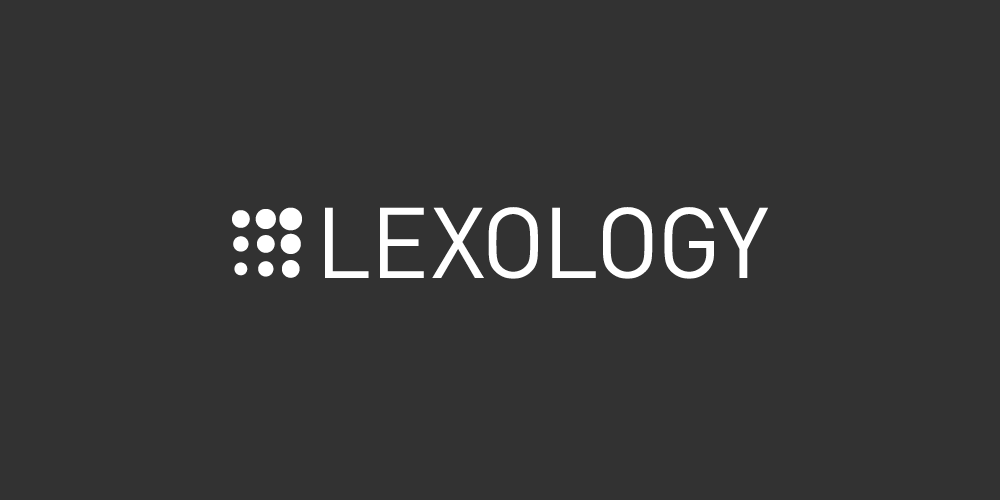
On April 21, 2023, the U.S. Department of the Treasury’s Financial Crimes Enforcement Network (FinCEN) announced a six-month renewal of the existing Geographic Targeting Orders (“GTOs”) relating to money laundering concerns in connection with all-cash purchases of high-end residential real estate properties. FinCEN also expanded the geographic scope of the GTOs to cover Litchfield County in Connecticut and fifteen counties in Colorado―including the six most populous counties. The GTOs were originally issued in January 2016 and have been reissued several times, most recently in October 2022. They require U.S. title insurance companies to identify and report the ultimate beneficial owners behind legal entities making certain all-cash real estate purchases. In addition to the newly targeted real estate markets, the renewed GTOs remain in the same form and continue to cover major metropolitan areas in thirteen states and the District of Columbia. The renewed GTOs took effect on April 25, 2023, and the new orders for Litchfield County and parts of Colorado will take effect on May 24, 2023.
The GTOs remain significantly expanded from the initial January 2016 GTOs that targeted only two real estate markets―New York and Miami. The expanded GTOs require U.S. title insurance companies to identify the natural persons who are the ultimate beneficial owners of limited liability companies, partnerships, and other legal entities involved in all-cash residential real estate sales in the following locations:
- Litchfield County in Connecticut; and
- Adams, Arapahoe, Clear Creek, Denver, Douglas, Eagle, Elbert, El Paso, Fremont, Jefferson, Mesa, Pitkin, Pueblo, and Summit counties in Colorado.
The renewed GTOs require the same recordkeeping and reporting for all-cash residential real estate sales in the following locations:
- Bexar, Tarrant, Dallas, Harris, Montgomery, and Webb counties in Texas;
- Miami-Dade, Broward, and Palm Beach counties in Florida;
- The five boroughs of New York City;
- San Diego, Los Angeles, San Francisco, San Mateo, and Santa Clara counties in California;
- The city of Honolulu and Hawaii, Maui, Kauai, and Honolulu counties in Hawaii;
- Clark County in Nevada;
- King County in Washington;
- Suffolk and Middlesex counties in Massachusetts;
- Cook County in Illinois;
- The city and county of Baltimore in Maryland;
- Montgomery, Anne Arundel, Prince George’s and Howard counties in Maryland;
- Arlington and Fairfax counties and the cities of Alexandria, Falls Church, and Fairfax in Virginia;
- Fairfield County in Connecticut; and
- The District of Columbia.
With the exception Baltimore, where the purchase price threshold is set at $50,000, the threshold for each of the new and renewed GTOs is set at $300,000. FinCEN apparently finds value in setting this threshold at a relatively low amount across the board, given that the geographical scope includes some of the most expensive real estate markets in the country. Virtual currency remains a targeted payment method under the renewed orders.
FinCEN has provided a sample GTO and Frequently Asked Questions about the GTOs. This marks the fifth renewal of the program under the Biden administration and the third time the GTOs have been expanded during the Biden administration. Given that the program has been repeatedly renewed and expanded, we believe that FinCEN is likely to continue the GTO program for the foreseeable future. FinCEN may also expand the orders further to cover other geographic areas suspected of being high-risk for money laundering through luxury real estate, or to adopt lower thresholds for certain real estate markets as FinCEN did for Baltimore. Depending on the results of the GTOs, FinCEN may also implement further anti-money laundering compliance requirements in the real estate sector. Though there is little publicly available information showing the effects or specific results of the GTOs, FinCEN’s acting director previously testified before Congress that “our law enforcement partners have consistently assessed that the GTOs produce valuable information that helps them target illicit activity.” These comments, along with the continued expansion and renewal of the GTOs, suggest that FinCEN clearly finds them to be a valuable part of its toolkit to combat money laundering in the real estate sector.
This post was originally published on this site be sure to check out more of their content.








